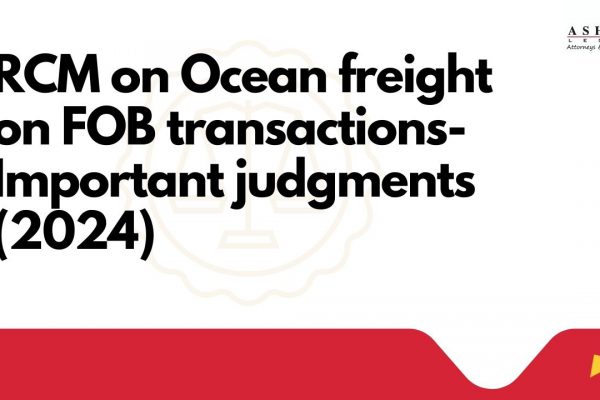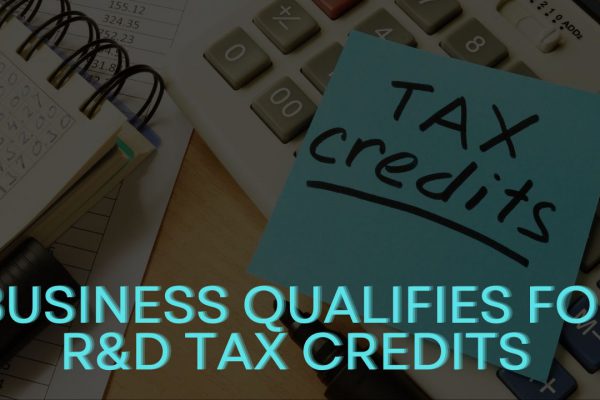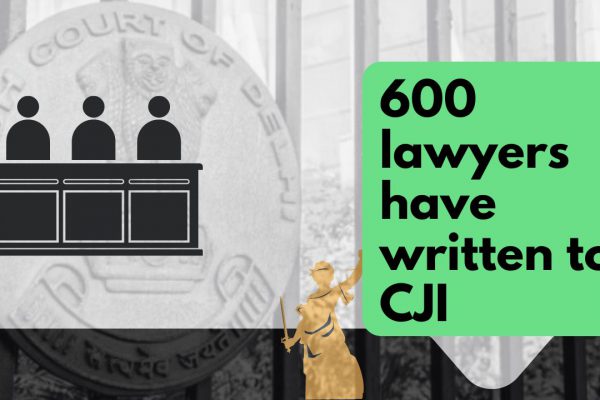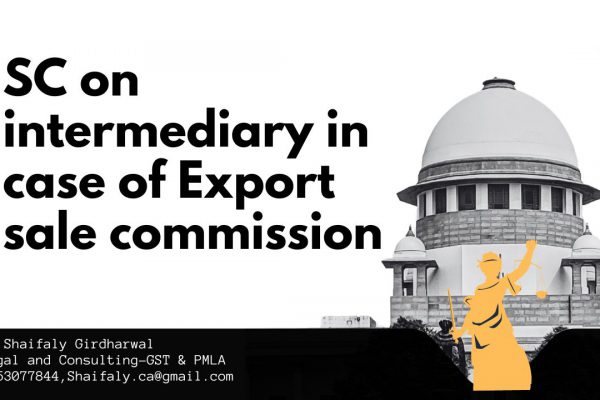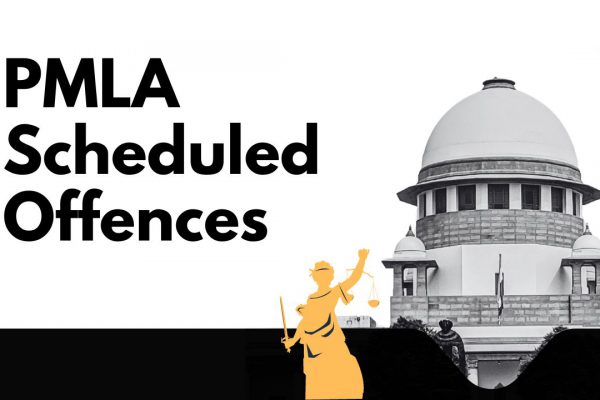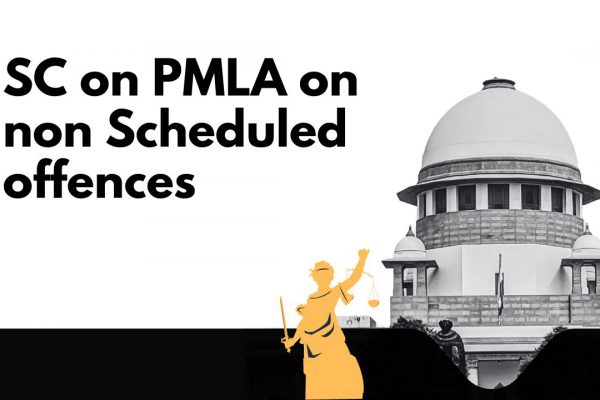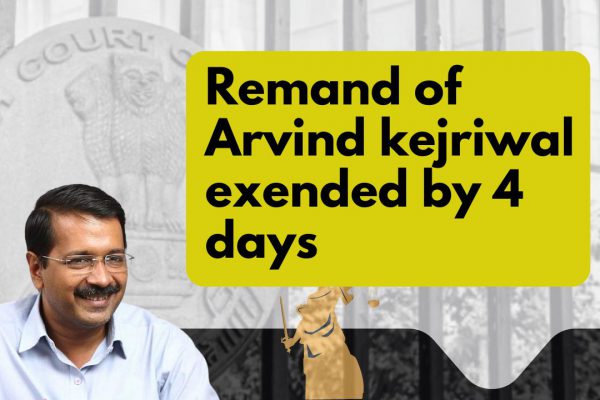SPEAKING ORDER UNDER GST REGIME
Speaking order or reasoned order is considered the third pillar of natural justice. A reasoned decision is called a reasoned decision because it contains reasons of its own in its support. When the adjudicating body provides the reason behind its decision, the decision is treated as a reasoned decision. It is also called the Speaking Order. In such ways, the order speaks for itself in such a way that it tells a reasonable story of its own. Speaking orders are essential for judicial review. The party or the parties must know why and on what grounds an order has been passed against him. This is the new principle of natural justice that has been recognized in India and the USA, but it is yet to be recognized under English law.
Recording of a Decision in support of a Decision on a disputed claim by quasi–judicial authority ensures that the decision is reached according to law and is not the result of Caprice, whim or fancy or reached of grounds of policy or expediency.
The purpose of recording the reasons is to serve the wider aspect of the principle of justice that justice must not only be done it must also appear to be done as well. Reasons do reassure that discretion has been exercised by the decision maker on the relevant grounds and by disregarding extraneous consideration.
Need of the Speaking Order
The grounds on which the record of reasons is important:
- When the party aggrieved claims that the order passed by the authority in the case is erroneous.
- The records of reasons operate as a deterrent against similar cases.
- For the satisfaction of the parties and other authorities while reviewing the order passed. If the order passed is appealed, the appellate court requires to understand what reasons weighted for the decision otherwise such a decision which is not recorded becomes deprecated.
Every action of the state or judiciary must satisfy the non-arbitrariness of the situation; hence the record of reasons should act as the passage in understanding even in the absence of a statutory provision for such record of reasons.
Some cases related to Speaking Order
State of W.B. v. Atul Krishna Shaw –AIR 1990 SC 2205. –In this case, a Statement of reasons is one of the essentials of justice. Reasoned Decision is not only for the purpose of showing that the citizen is receiving justice but also a valid discipline for the Tribunal itself.
Satellite Engg. Ltd. V. Union of India – 1987(31) E.L.T. 356 (Bom.)- The collector was obliged to write a speaking order. That speaking order had to show that he had applied his mind to all relevant aspects of the controversy before him. If his order did not show such application of mind, the court could not assume that he did apply his mind. The court must (then) conclude that he did not apply his mind. If the court finds it inappropriate to consider the controversy, it must remand the matter for consideration.
The Object of Speaking Order
The reason is an essential requirement of the rule of Law. It provides a link between fact and decision, guards against non-application of mind arbitrariness, and maintains public confidence in judicial and administrative authorities. Reasons also serve a wider principle that justice must not only be done, but it must also appear to be done.
In Breen v. Amalgamated Egg. Union case Lord Denning observed that “the giving of reasons is one of the fundamental of good administration.” The condition to record reasons introduces clarity and excludes arbitrariness and satisfies the party concerned, against whom the orders passed.
Today, the old police state has become a “welfare state.” The governmental functions have increased administrative tribunals and other executive authorities have come to stay they are armed with wide discretionary powers and there are all the possibilities of abuse of powers by them. To provide a safeguard against the arbitrary exercise of powers by these authorities. The condition of recording reasons is imposed on them.
Conclusion
The speaking order becomes an obligation if statutes require them to record reasons; it becomes the obligation for the authority. The reason shall be recorded in normal practice as well even if the statutes don’t expressly lay down. Recording reasons is the dutiful responsibility and this cannot be discharged by the use of vague general words.
If the order is subject to appeal or revision the recording of reasons becomes all-important and failure to disclose the same becomes depriving the party of his right to appeal. By concluding the discussion, in Y.V Chandrachud (then in Maneka Ghandi case), the reasons, if disclosed, being open to judicial scrutiny for ascertaining their nexus with the order impounding the passport, the refusal of disclosing the reasons would equally be open to the scrutiny of the court; or else the wholesome power of a dispassionate judicial examination of executive orders would, with impunity, be set at naught by an obdurate determination to suppress the reasons, the law cannot permit the exercise of a power to keep the reasons undisclosed if the sole reason for doing so is to keep the reasons from judicial scrutiny.
DISCLAIMER
Though all efforts have been made to reproduce the opinion correctly, the access and circulation are subject to the condition that I/we are/are not responsible/ liable for any loss or damage caused to anyone due to any mistake/error/omissions. Our comments are based on the provisions of GST legislation as of the date of this memo. Any variation in our understanding of the aforesaid could significantly alter our comments given in this note. The comments in this memo are purely a matter of interpretation and not binding on any regulatory or tax authorities. Therefore, there can be no assurance that the regulatory or tax authorities will not take a position contrary to our comments. Our opinions are provided for general informational purposes only and should not be considered as legal advice. The interpretation and application of the GST Act may vary based on individual circumstances and specific cases.
If you already have a premium membership, Sign In.
 ConsultEase Administrator
ConsultEase Administrator
Consultant
Faridabad, India
As a Consultease Administrator, I'm responsible for the smooth administration of our portal. Reach out to me in case you need help.



